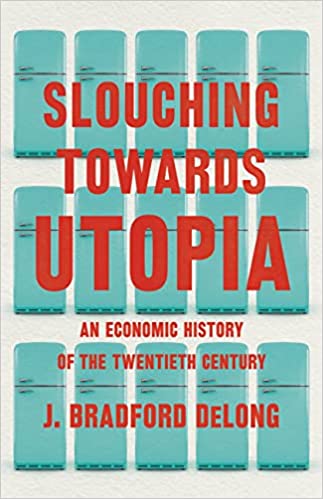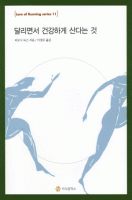





| ұ№і»јӯ әПҪбёУё® | [653,462]ұЗ АРАҪ | |
|---|---|---|
| ЗШҝЬјӯ ЗБё®әд | [0]ұЗ АРАҪ | |
| ұЫ·О№ъ Ж®·»өе | [2]ұЗ АРАҪ | |
| №Мөрҫо әкё®ЗОҪә | [680]ұЗ АРАҪ |
 [179]ұЗ
[179]ұЗ 
 |
Slouching Towards Ut | |
| АъАЪ | J. Bradford DeLong | ||
| ГвЖЗ»з | Basic Books | ||
 |
Imagine It Forward | |
| АъАЪ | Beth Comstock | ||
| ГвЖЗ»з | Currency | ||
 |
мҳӨлҠҳмқҙ лӮҙ мӮ¶мқҳ мғҲлЎңмҡҙ мӢңмһ‘мқҙлӢӨ | |
| АъАЪ | лҸҲ лҜёкІ” лЈЁмқҙмҠӨ (м—ӯмһҗ : мқҙм–‘мӨҖ) | ||
| ГвЖЗ»з | нҳёмқҙн…Ңл¶ҒмҠӨ | ||
 |
The Founders | |
| АъАЪ | Jimmy Soni | ||
| ГвЖЗ»з | Simon & Schuster | ||
 |
лӢ¬лҰ¬л©ҙм„ң кұҙк°•н•ҳкІҢ мӮ°лӢӨлҠ” кІғ | |
| АъАЪ | нӢ°лӘЁмӢң л…№мҠӨ(м—ӯмһҗ: мқҙкІҪл‘җ) | ||
| ГвЖЗ»з | м§ҖмӢқкіөмһ‘мҶҢ | ||